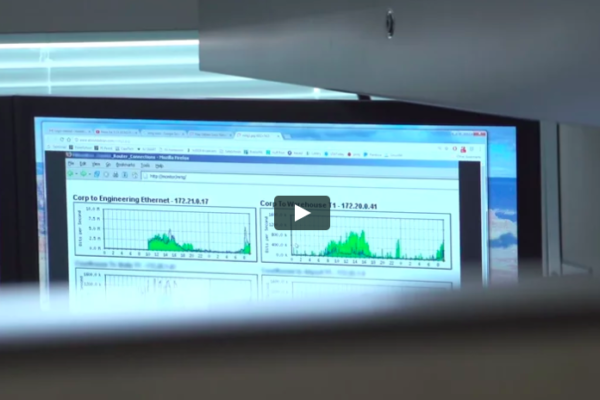The operations of many shipping giants have been left in tatters as big names like the Danish enterprise Maersk and the Shanghai-based COSCO were infected with costly ransomware. With such big names failing in the IT security of their organizations, this does not bode well for the smaller companies in the transportation space and a cloud of uncertainty has engulfed the management of these organizations. One of the affected organizations, Clarkson was able to shed some light on its ransomware incident last year.
According to the ransomware removal reporters, the company has provided good news that it was triumphant in its ransomware removal endeavor and managed to retrieve the previously stolen data. This theft was made possible due to the cybercriminals’ unauthorized access last year that copied data from the servers of Clarkson.
However, the announcement has also given rise to debates in the cybersecurity industry as some wondered if the organization indulged in ‘hacking back’. Hacking back is a practice in which an organization strikes back after a cyberattack by invading the cybercriminals’ systems. However, Clarkson has denied involvement in such strategies.
After the attack last year, the company hired a number of parties for ransomware removal and recovery of data. These include law enforcement agencies, IT security firms, and forensic investigators. These parties were responsible to analyze the distribution strategies, analysis of the ransomware, estimation of the damage, and the return of the stolen data.
Experts believe that these parties may have been the reason behind Clarkson’s success in gaining access to its data back. This is noteworthy because often organizations and businesses are unable to recover data from ransomware campaigns without paying a ransom.
However, some ransomware removal analysts have pointed out that the time duration that exists after the attack and before the recovery, may have been enough for the hackers to distribute customers’ data to third parties.
Luckily, Clarkson is dealing with the problem by alerting its customers to the nature of the data that hackers got access to. This information includes personal information (birth history, mobile numbers, and email address) financial details (banking, tax and insurance information) as well as other personal and sensitive information that can be exploited for crime. In order to safeguard their customers, the company is offering identity protection services to the victims for one year.



